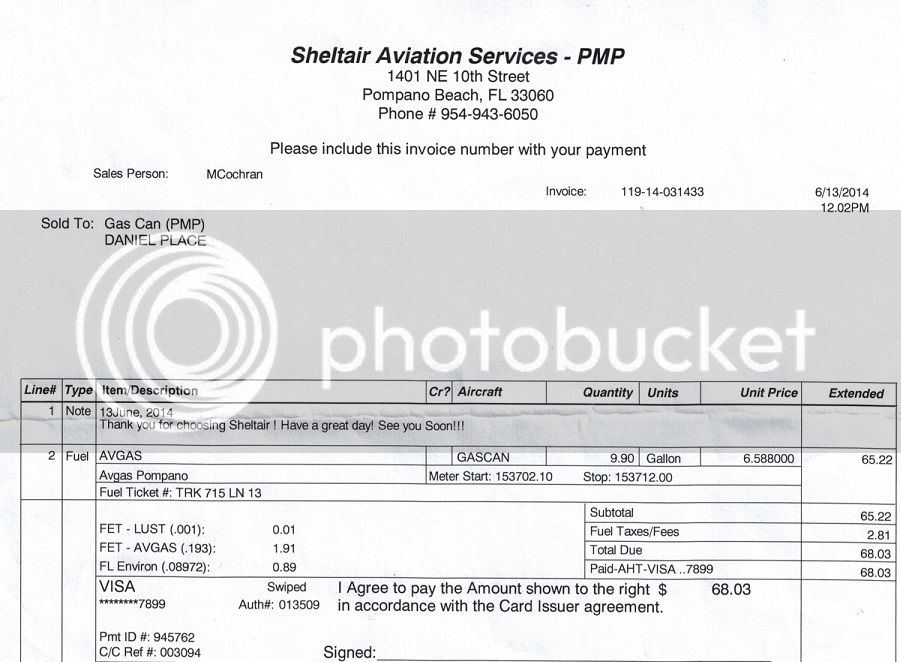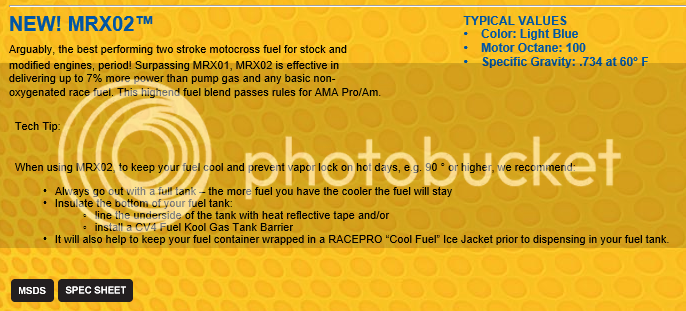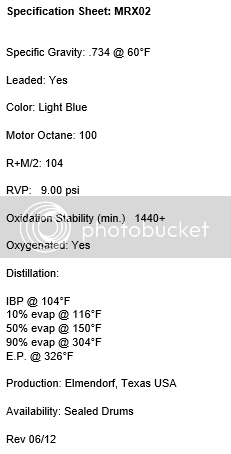It isn't about the octane it is that it doesn't stink the high heavens, it doesn't have ethanol, it is always exactly the same, it has lead which is a great lubricant that doesn't hurt a thing and best of all the stuff is filtered and clean not like the crap that comes out of a gas station pump.
There is nothing at any price that runs any better and is as easy to get as 100LL is in most area's of the country and it isn't expensive either.
I have run 20 different fuels from Colemans to 93 to 116 and nothing runs any better than 100LL does.
For me it is the only answer and just makes perfect sense.
The 90 octane non ethanol fuel stinks pretty bad also. 100LL has an odor but not the rotten stinking stench of pump gas.
It doesn't hurt that the girl that rings you up is a smokin' hot sweetie besides.
I run it in everything. It stays fresh for months in the sealed steel cans stored high off the ground.
The lawnmower, edger, pressure cleaner, generator, weed eater, blower, hedge trimmer it all gets 100LL and they start every time and never have carb issues.
They all get the best oil at same ratio's I use in my boats in the two strokes I run 10 oz to the gallon of a 50/50 mix of Maxima 927 and Klotz Supertechniplate or R50 synthetic. Then the Four strokes get 2 oz per gallon of the synthetic in their fuel also. They run like champs and no I have never fouled a plug.







